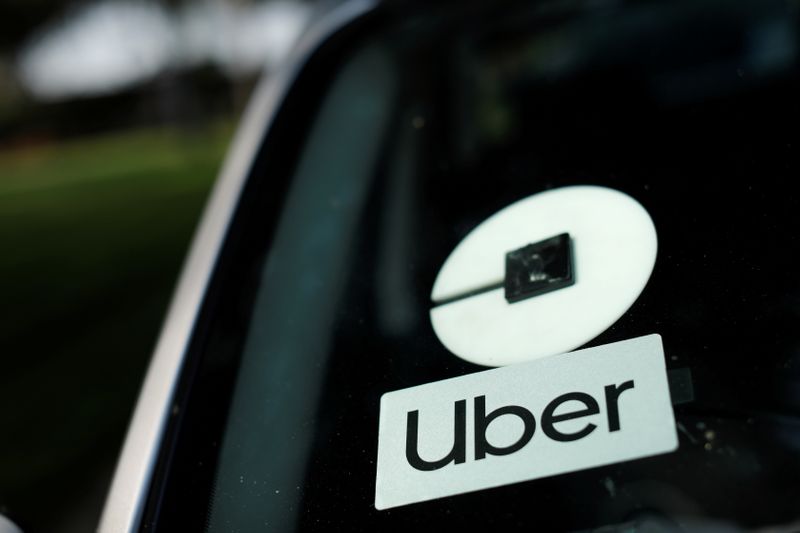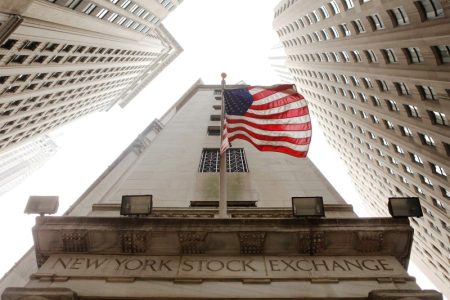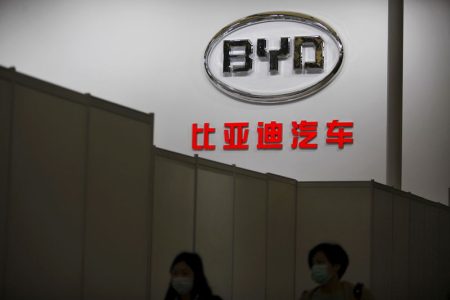© Reuters. FILE PHOTO: An Uber sign is seen at a shopping mall in San Diego, California, U.S., November 23, 2022. REUTERS/Mike Blake/File Photo
By Daniel Wiessner
(Reuters) – Uber Technologies (NYSE:) Inc must face a California lawsuit claiming it should have covered UberEats drivers’ work-related expenses, the state’s top court said on Monday, in what could be a major blow to companies in the largest U.S. state and a win for labor advocates.
The California Supreme Court in a unanimous ruling said UberEats driver Erik Adolph did not give up his right under state law to sue on behalf of a large group of workers even though he signed an agreement to bring his own work-related legal claims in private arbitration.
Adolph sued Uber in 2019, claiming the company misclassified UberEats drivers as independent contractors rather than employees, who must be reimbursed for work expenses under California law.
A unique California law called the Private Attorney General Act, or PAGA, allows workers to sue for employment law violations on behalf of the state and keep one-quarter of any money they win. The rest goes to the state to fund an agency that enforces labor laws.
The California Supreme Court said nothing in that law bars workers from pursuing claims on their own behalf in arbitration while separately litigating large-scale claims in court.
The decision likely undermines the significance of a 2022 U.S. Supreme Court ruling involving Viking River Cruises that said companies could force individual PAGA claims into arbitration, and could mean that California employers will face more large-scale lawsuits.
Theane Evangelis, a lawyer for Uber, said in a statement that Monday’s ruling conflicts with the Viking River decision and violates a federal law that requires enforcing valid arbitration agreements.
“We are considering our appellate options,” she said.
Michael Rubin, who represents Adolph, said the ruling could spur companies to reconsider forcing workers’ claims into arbitration if large-scale PAGA lawsuits can still proceed in court. Rubin also represented the plaintiff in the Viking River case.
More than half of private sector, nonunion U.S. workers are required to sign arbitration agreements as a condition of employment. The agreements typically bar them from filing or participating in traditional class action lawsuits.
Critics of mandatory arbitration say it discourages workers from bringing individual claims that involve small sums of money, and that workers who do bring disputes in arbitration are more likely to lose.
Business groups maintain that arbitration is quicker and more efficient than court, allowing workers to recoup more money. Trade groups hailed last year’s Viking River ruling, saying it would prevent plaintiffs in California from using PAGA as a way around arbitration.
Groups including the U.S. Chamber of Commerce, the country’s largest business lobby, filed briefs in Monday’s case warning the California Supreme Court that a ruling against Uber could encourage workers to file meritless lawsuits and pressure companies to settle them.
But the court said those concerns should be directed at state legislators, who have the power to change the law.
Read the full article here









